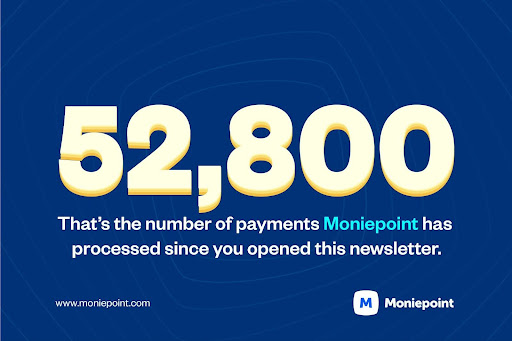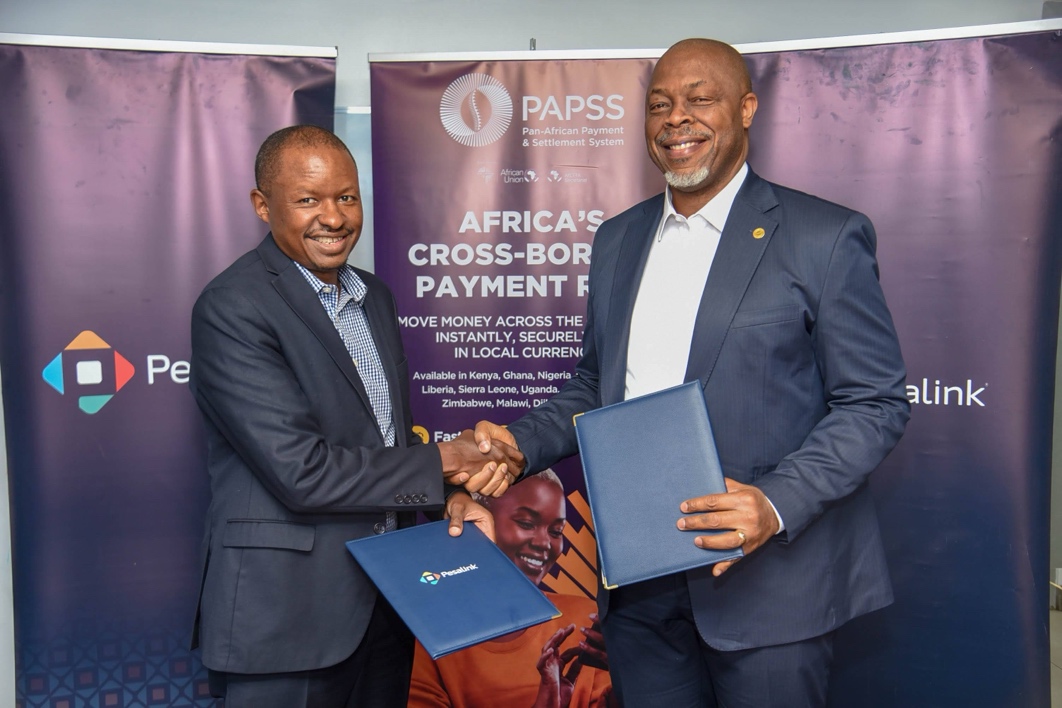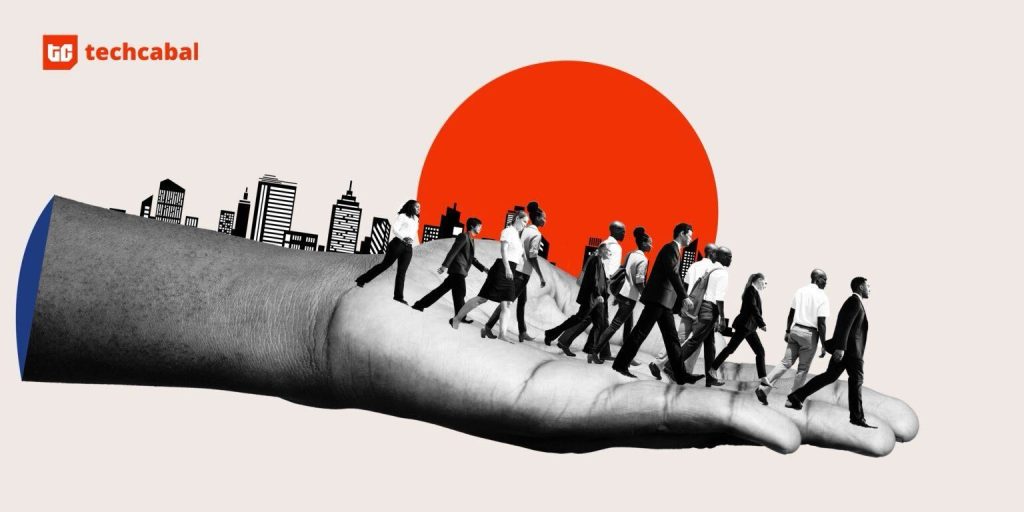

Good morning ☀️
In 2023, Moonshot by TechCabal sparked a global conversation, tackling the continent’s most pressing challenges with innovative solutions.
This documentary dives into the heart of Moonshot 2023 and gives a glimpse of what’s to come in Moonshot 2024.
Watch the full documentary and see how Moonshot is changing Africa.
William “The Tax Collector” Ruto Concedes
Twelve hours after insisting a legitimate demonstration by Kenyans against tax hikes was “treasonous” and “hijacked by dangerous criminals,” President Ruto withdrew the 2024 Finance Bill. It was what millions of Kenyans had been asking for two weeks.
While this was a triumph for the people, there’s no escaping the sour taste it leaves. It took one week of online outcry, two public demonstrations and twenty-two deaths for President Ruto and the Kenyan parliament to see reason gives it the feel of a pyrrhic victory.
You’ve likely read several articles about the 2024 Finance bill and all the new taxes it proposed, but a crucial backstory is how Ruto’s handling of citizenship dissatisfaction is a massive disappointment to young Kenyans who formed the majority of his support base during his presidential campaign.
Kenya’s chosen hustler: It was only two years ago when he powered to victory as Kenya’s fifth democratically elected president, portraying himself as the “hustler” underdog to Kenya’s political elite. Despite being a wealthy businessman and having served as deputy president, his message and party’s emblem—a wheelbarrow—resonated with millions of young people.
“A village boy has become the president of Kenya,” he said at his September 2022 swearing-in after winning a close election. He won 50.49% of the votes to Odinga’s 48.85%.
Here comes the taxman: As he settled into power, the excitement around his presidency quickly faded–the people had elected a tax man. By the end of 2022, his nickname was Zakayo, Swahili for the greedy bible tax collector Zacchaeus. He leaned into that persona. His administration levied new taxes and resurrected old ones. By July 2023, public anger had boiled over.
Three days of anti-government protests turned deadly and accusations of heavy-handedness by security forces were the first signs that Ruto was not a man easily swayed by public opinion.
Despite one 2023 article pointing out that “the pain of taxes dominate everyday conversations, especially with the rising cost of living,” Ruto insisted protests would not hold as he “cannot accept anarchy.” It sounds remarkably similar to his stance on June 25, 2024, almost a year to the day from the last protests.
How did a man who swept to victory on the shoulders of young voters become so reluctant to listen to them?
Process payments smoothly with Moniepoint

And we’ll have processed almost 5,000 more by the time you’re done reading this. Your business payments can be one of them. Click here to sign up.
Reduced consumer spending in Nigeria incentivise local card adoption
Financial institutions have always faced a challenge. Why offer cards to your customers when it is very expensive to maintain and come with a whole baggage of disputed transactions and chargeback fraud?
The answer lay in the fact that customers loved cards as they provided an avenue to access cash when required and an easy way to make payments online and offline. For Nigerian banks and fintechs that are competing in a highly saturated market, cards became an easy customer acquisition channel and international card schemes like Visa and Mastercard quickly became popular.
But new realities have driven these banks and fintechs to ditch these costly international schemes for local options. The country’s inflation rate has reduced online shopping, a devaluation of local currency has made dollar bills untenable, and stringent requirements from international card issuers have contributed to this shift.
Verve, the Interswitch-owned card scheme, has taken Nigeria’s card market by storm as it accounts for over half of the market. OPay and Moniepoint have issued 17 million cards from Verve and First Bank, Nigeria’s oldest bank, has issued Verve cards for over half of its customers.
Last year, the national payment switch operator announced that it would operate a government-backed card scheme called Afrigo, joining the likes of India and Denmark. In the past week, Afrigo appointed new executives with experience from Mastercard and Verve as the card scheme seeks to gain a share of the card pie.
There are over 90 domestic card schemes globally and they are expected to control almost 10% of the global card market by 2027 as they offer cheaper alternatives to international card schemes. In countries like Denmark and UAE, they are the most used option and they allow the government to have a bird’s-eye view of payments, something that the Nigerian government has been clamouring for.
Issue USD and Euro accounts with Fincra

Create and manage USD & Euro accounts from anywhere. Fincra allows you to issue accounts to your users, partners & customers to collect payments without the stress of setting up and operating a local account. Get started today.
FG disburses ₦1.5 billion to Nollywood producers
Nigeria’s film industry, Nollywood, has been making big plays that has the government glued to the screen.
In 2021, films contributed 2.3%—$660 million—to the country’s GDP with PwC predicting that the contributions could reach as much as $1 billion. Driving this growth has been immense investment in the sector from private institutions, tech investors (yes) and streaming services like Netflix and Amazon Prime, and not for just any reason.
Projects like The Wedding Party, A Tribe Called Judah and Omo Ghetto grossed over $1 million each. In this article we published last year, investors revealed they’re getting as much as 3x in returns on their Nollywood projects.
But the government has been in the cast too: In 2013, ex-President Goodluck Jonathan announced a ₦3 billion ($1.9 billion) “Project Nollywood” grant. Four years later, his predecessor disbursed a ₦420 million grant to movie makers.
And now, the federal government has disbursed a new ₦1.5 billion ($973,874) to movie producers across the country as part of its ₦5 billion ($3.2 million) Creative Fund with Providus Bank.
The FG is currently screening applicants for the second batch of disbursement. If you know a creator who needs funding for a project, they may find some luck by pitching to creatives@providusbank.com.
What do you want to see from Paystack in 2024?

Paystack would love to hear from you! Let us know what improvements or new features you’d like to see from Paystack in 2024. Share your wishlist here →
Five WHYs early-stage founders must ask
Founding a startup is a thrilling and unpredictable journey. You start with an idea, define a problem, validate it, and develop a solution. However, many startups overlook one crucial question: why?
Meike Neitz, founder of a cross-continental startup consultancy embassidy, says founders must answer five critical questions to help formulate strong value propositions, attract investors, and guide their startups.
- WHY do we do what we do? Understanding the overarching purpose of your business is essential. What’s your vision for the future? For instance, if your startup aims to create a circular economy in the shoe industry, starting with the “why” helps people grasp your mission better. Clearly defining your mission also helps in attracting team members and staying focused.
- WHY now? Timing is crucial for startup success. Bill Gross notes that timing is often why startups fail. Explain why your business is relevant now. Consider market trends, societal shifts, new laws, or technological advancements that make your business valuable at this moment.
- WHY we? Differentiate your startup from competitors by explaining your unique value proposition. Whether it’s your technology, first-mover advantage, geographical reach, key partnerships, or pricing, be clear about why clients should choose you over others.
- WHY us? Highlight your team’s unique strengths or “superpowers.” Instead of lengthy bios, focus on specific skills and experiences that make your team uniquely suited to succeed. This clarity can be invaluable during investor pitches.
- WHY you? When seeking partners or investors, tailor your pitch to show why you’re a good fit for them specifically. Research their business strategies and portfolios to provide nuanced reasons for your compatibility.
Thinking in “whys” can enhance your strategy, make you more convincing, and improve your precision in the startup journey.
Calling all business owners!

What keeps you up at night? Is it salary payments, high cost of distribution, or the rising cost of raw materials?
Attend Growing with Sparkle Webinar 2.0. Renowned economist B.J Rewane and Omon Anenih, Founder of Dew Centre, will share tips to help you navigate these challenges and maintain a steady cash flow. Click to register!
- Big Cabal Media – Senior Video Producer, Deputy Editor (Zikoko), Event Production Assistant, Client Account Manager – Nigeria
- TechCabal – Features Writer, Features Director – Africa
- Leadway Assurance – Relationship Officer – Lagos, Nigeria
- Kuda Bank– Content Writer – Lagos, Nigeria
- Quidax – Market Operations Intern, Revenue Assurance Analyst – Lagos, Nigeria
- Carry1st – Growth Manager – Lagos, Nigeria
- Bumpa – Senior Mobile Engineer, Senior Backend Engineer – Nigeria (Remote)
- Comiblock – SEO Specialist, Data Engineer, Machine Learning Engineer – Lagos, Nigeria
Here’s what we’ve got our eyes on
Written by: Olumuyiwa Olowogboyega, Faith Omoniyi & Muktar Oladunmade
Edited by: Timi Odueso
Want more of TechCabal? Sign up for our insightful newsletters on the business and economy of tech in Africa.
- The Next Wave: futuristic analysis of the business of tech in Africa.
- Entering Tech: tech career insights and opportunities in your inbox every Wednesday at 3 PM WAT.
- TC Scoops: breaking news from TechCabal
P:S If you’re often missing TC Daily in your inbox, check your Promotions folder and move any edition of TC Daily from “Promotions” to your “Main” or “Primary” folder and TC Daily will always come to you.

























